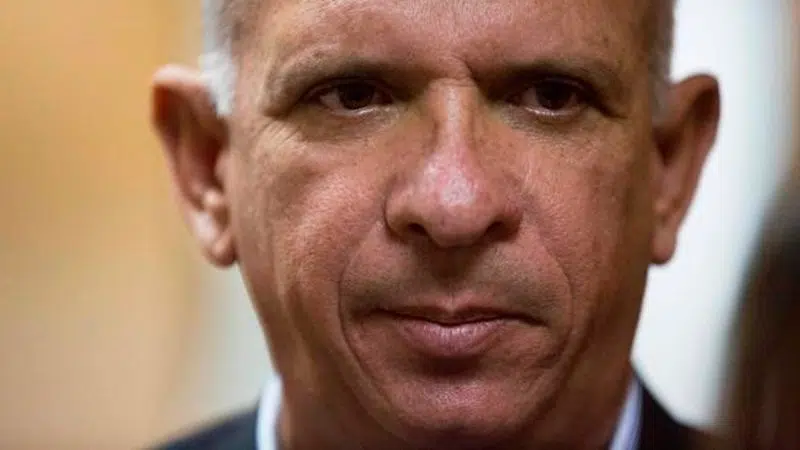
Venezuela’s ex-spy chief arrested in Madrid on US warrant
MADRID — Venezuela’s longtime spy chief was arrested Friday in Madrid by Spanish police acting on a United States warrant for allegedly trafficking tons of cocaine.
Maj. Gen. Hugo Carvajal, who for more than a decade advised late Venezuelan leader Hugo Chávez and headed the country’s security apparatus, recently became the most influential military figure to declare his loyalty to opposition leader Juan Guaidó.
The opposition saw Carvajal’s criticism of Venezuela’s current government as a possible stimulus to prod other military figures to defect, but the country’s armed forces have remained largely loyal to current President Nicolás Maduro.
